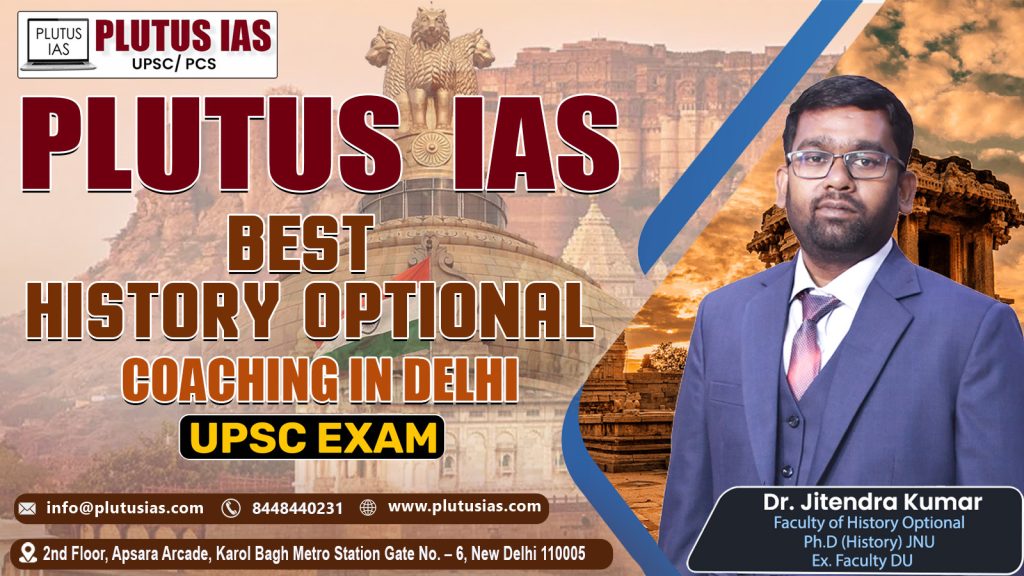
Address:
706 1st Floor Dr. Mukherjee Nagar Near Batra Cinema Delhi – 110009
City:Delhi
Vendor Type:Service Provider
If you are considering History as your optional subject for the UPSC Civil Services Exam, here are some essential points and resources to assist in your preparation:
Advantages of Choosing History
- Relevance to General Studies: History is pertinent to various General Studies papers, particularly in areas concerning Indian history, culture, and significant world events.
- Enhancement of Analytical Skills: Studying history improves critical thinking and analytical abilities, which are valuable for the exam and interview process.
- Extensive Syllabus: The syllabus enables a thorough exploration of important events, movements, and historical figures.
Overview of the Syllabus
- Ancient India: Examination of early societies, the Mauryan Empire, post-Mauryan developments, and cultural progress.
- Medieval India: Study of the Delhi Sultanate, Mughal Empire, and various regional states.
- Modern India: Analysis of British expansion in India, the freedom struggle, and socio-religious reform movements.
- World History: Key events from the Renaissance to modern times, including major revolutions, wars, and global changes.
- Historiography: Exploration of different historical methods and interpretations.
Preparation Strategies
- Standard Textbooks:
- “Ancient India” by Romila Thapar.
- “Medieval India” by Satish Chandra.
- “Modern India” by Bipin Chandra.
- “World History” by S. R. Sharma.
- NCERT Books: Start with NCERT textbooks to build a solid foundation, especially those for Class 11 and 12 History.
- Online Courses:
- Platforms such as Unacademy, BYJU’S, and Vision IAS provide specialized courses for History optional, offering structured material and expert support.
- Consistent Revision: Develop concise notes for quick reference and regularly practice answer writing to enhance clarity and articulation.
- Previous Years’ Papers: Review past years’ question papers to get accustomed to the exam format and the types of questions typically asked.
Additional Resources
- History Blogs and YouTube Channels: Follow educators and content creators who focus on history for further insights and explanations.
- Study Groups: Join or create study groups to discuss topics and exchange ideas, which can deepen your understanding of complex historical themes and events.
